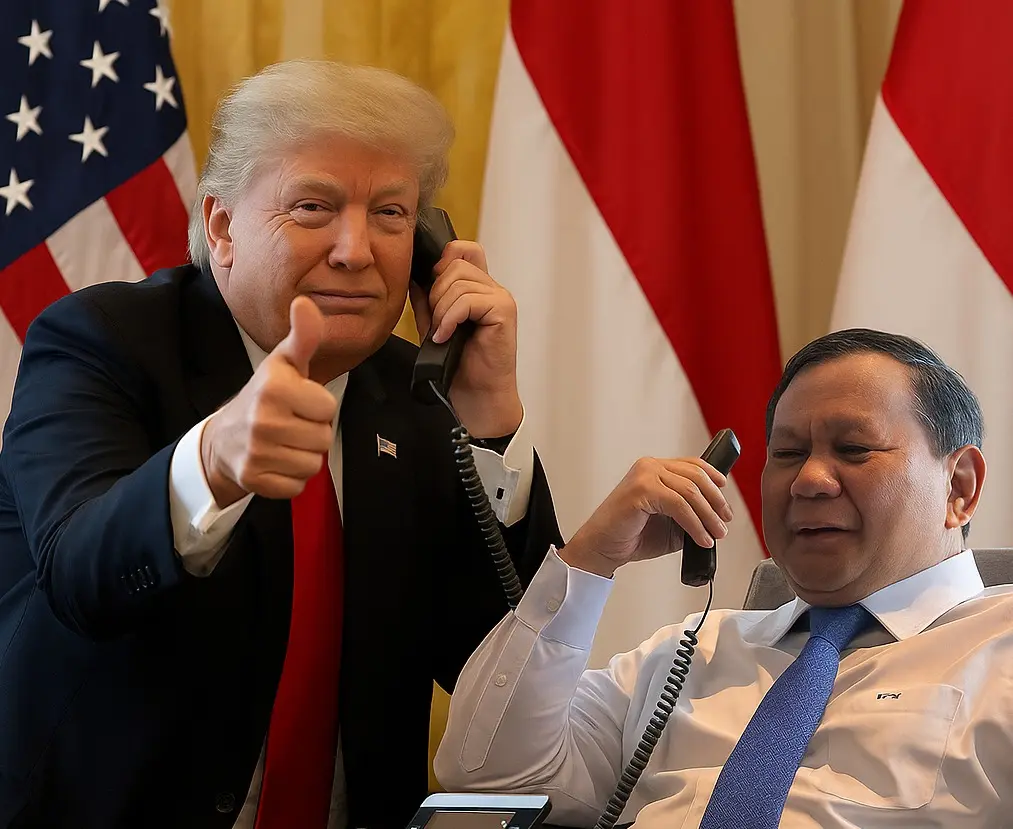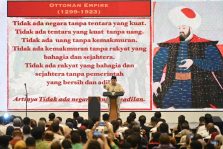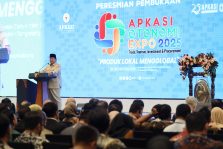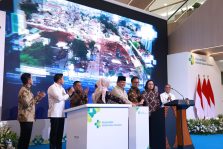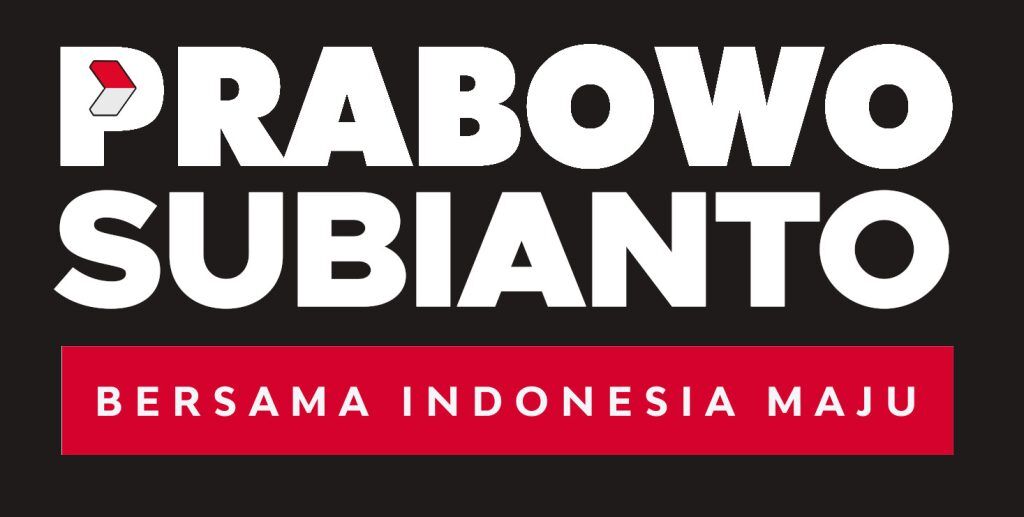In a widely broadcast international interview, prominent Asian economist Professor Woo Wing Thye described the recent Indonesia–United States trade agreement as a strategic diplomatic victory that highlights President Prabowo Subianto’s negotiating acumen.
Appearing on Woo Says, Prof. Woo declared unequivocally that in this high-stakes negotiation, “Trump blinked first — not Prabowo.” The final deal, which reduced tariffs from a threatened 32% to 19%, was sealed just days after Washington issued its tariff warning.
“It’s a case where both sides can claim victory, but if we ask who blinked first — it was Trump, not Prabowo,” Prof. Woo stated.
He explained that President Trump had previously launched an ambitious “90 deals in 90 days” target following the April 9 suspension of global tariffs. Yet by the time Indonesia finalized its deal, only three countries had secured agreements: Vietnam, the United Kingdom, and China — making Indonesia’s breakthrough a turning point for Trump’s claims of diplomatic success.
Although Vietnam received a larger numerical tariff cut, Woo emphasized that it came with heavy concessions, including restrictions on Chinese transshipment and limits on Chinese investments in Vietnam. In contrast, Indonesia made no such concessions and still obtained a lower rate (19% vs. 20%), which Woo interpreted as a “political signal from Trump.”
“That 1% difference is symbolic. It shows that the US sees Indonesia as a critically important strategic partner,” Woo said.
As the only full BRICS member in Southeast Asia, Indonesia was not penalized, unlike Brazil, which was slapped with a 50% tariff. This, Woo explained, demonstrates Indonesia’s pivotal geostrategic role in US calculations, particularly with respect to the South China Sea and ASEAN stability.
Trump Needed the Deal More Than Prabowo
Responding to criticism that Indonesia finalized the deal too early, ahead of the August 1 deadline, Woo defended the move as smart and anticipatory, given Trump’s well-known unpredictability. He added that Indonesia still has room to renegotiate, should circumstances evolve — thanks to its strong geopolitical leverage.
“Trump needed this deal more than Prabowo. And Prabowo concluded it with strength, tact, and strategic calculation,” Woo asserted.
Woo acknowledged there would be domestic sectors impacted, particularly local poultry and corn producers, who will now face cheaper American imports. However, he stressed that the trade-off is a significant win for Indonesia’s industrial exporters, enabling the country to advance up the manufacturing value chain.
Beyond Trade: A Gateway to Indonesia’s Development Agenda
Beyond immediate trade concerns, Woo framed the agreement as part of a larger Indonesian strategy to mobilize global support for its national development agenda — including infrastructure, higher education, and child nutrition. He praised President Prabowo’s free nutritious meal program as a vital move to combat stunting, which still affects 21% of Indonesian children.
“Indonesia has nearly 10 million highly gifted individuals — but they need nutrition and education. This deal opens the door toward that future,” Woo said.

